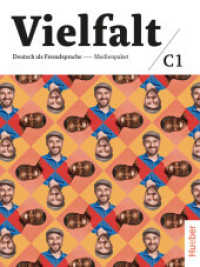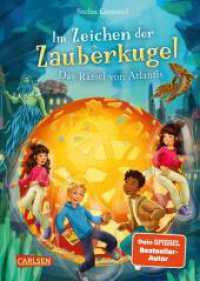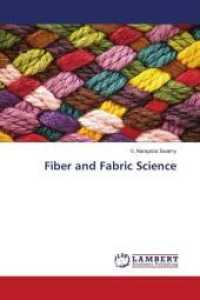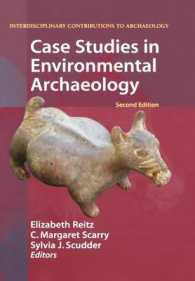Full Description
Brain-Compatible Learning for the Block 2e, provides middle school and high school educators with practical ideas and strategies for teaching effectively within block schedules. The authors explore how to use block scheduling to support brain-based learning and show teachers how to structure lesson planning, instruction, and assessment to take advantage of extended class periods. The revised edition offers updated research related to brain-based learning and block scheduling, includes expanded guidelines for developing extended lesson plans, and provides additional strategies for making the most of block scheduling.
Contents
List of Tables and FiguresPrefaceAcknowledgmentsAbout the AuthorsIntroduction: Tools of the Trade1. Physiology and PhilosophyThe Brain's Structure and FunctionBrain-Compatibility and Multifaceted LearningBrain-Compatible Learning ClimateSample Four-Phase Lesson--What's On Your Mind?Reflective Questions2. Four-Phase Lesson and Unit DesignInquiring-Gathering-Processing-ApplyingFour Phases Assist in Schema DevelopmentEssential QuestionsAttend--Experience--ReflectInternal StructureIntegrated AssessmentCompare/Contrast Four-Phase Lesson With Traditional LessonsBenefits of Four-Phase Lesson DesignPlanning a Unit and a LessonReflective Questions3. Extended Time Formats Including Block SchedulingTime for Brain-Compatible LearningAlternative Scheduling FormatsSample Four-Phase Lesson: Can Prejudice Kill a Mockingbird?Reflective Questions4. Content and CurriculumTo Cover or to Catalyze Learning?Prioritizing Curriculum in Extended Time FormatsBrain-Compatible CurriculumSample Four-Phase Lesson: Circles That CycleReflective Questions5. The Art and Science of Teaching in Extended Time FormatsOpportunity for Growth and ChangeEnergizing Educational PrinciplesBrain-Compatible Instructional StrategiesProfessional Learning Communities: Pathway to a New ParadigmReflective Questions6. Assessment: Measuring Achievement and Growth in Extended Time FormatsThe Right StuffCaught in the Act of Learning: Authentic AssessmentAssessment for LearningNo Child Left Behind (NCLB)Testing MattersAssessment in Four-Phase Lesson and Unit DesignSample Four Phase Lesson: Science Schmience or Who Framed Sir IsaacReflective QuestionsBibliographyIndex








